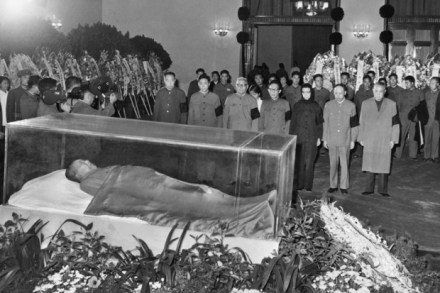Short and surreal
‘I just wanted the damn story to ask the right questions,’ sighs a disaffected journalist in Jack Livings’s debut collection of short stories, The Dog. Two other new short story collections, Lucky Alan by Jonathan Lethem and Jellyfish by Janice Galloway, are less interested in asking the right questions than in the opportunities for missing the point. Livings draws upon his experience as a student in Beijing to create a compelling vision of China from the Cultural Revolution to the present day. Though inclined to excessive lyricism (a thief is ‘waste-water wrung from the sponge of the world’), Livings has a keen eye for detail and a knack for dialogue.




















